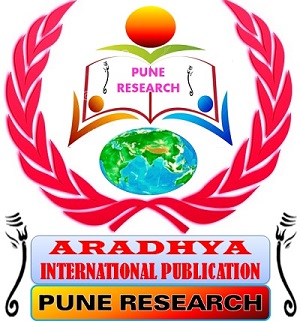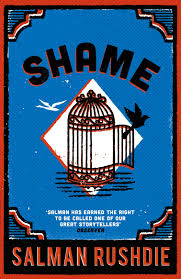THE POLITICS OF MALE-FEMALE RELATIONSHIP IN SALMAN RUSHDIE’S SHAME
V. GAYATHRI & DR. N. VIJAYAKUMARI
ABSTRACT
The relationship between shame, brutality, and
shamelessness is examined in Salman Rushdie's Shame, along with how these ideas
relate to Pakistan's political and social past. The main idea of the book is
that violence can result from shame and that the two are inseparable. The book
examines the issues that Pakistan faced after colonization, such as the
fabricated divisions between Muslims and Hindus and the cooperation of those
who lived in these divisions. Patriarchal society' systematic misogyny is
examined in the book. Rushdie fictionalizes horrific historical occurrences,
like the murder of a daughter in London by her Pakistani father, using a fairy
tale narrative convention. Composed in the manner of magic realism, the book
critiques state censorships, nationalisms, coups, murders, and crooked
elections through the use of dream worlds and fairylands. This feminist
research examines how Pakistan's history has been influenced by sociocultural
inequities and female resistance. Key words: shame, violence, and
shamelessness, artificial divisions, violent historical events, nationalisms,
coups, murders, and rigged elections, feminist.






